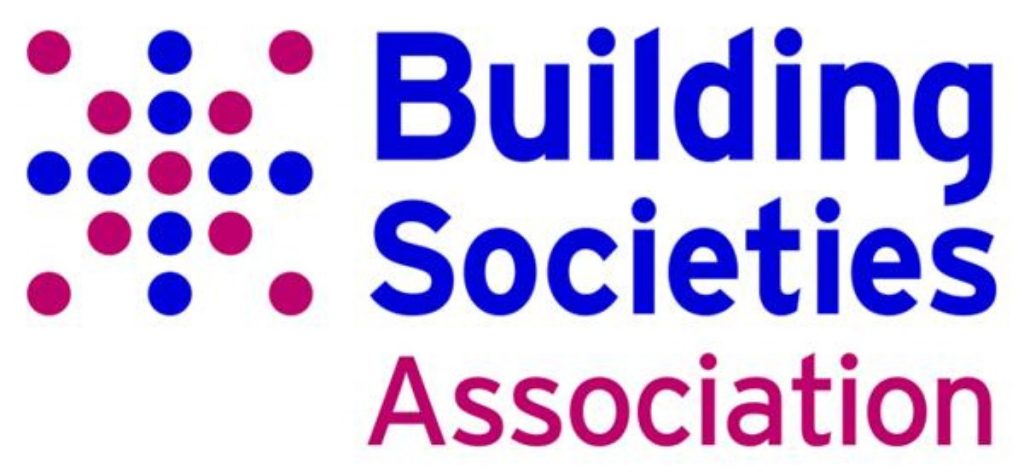BSA: Most borrowers with mortgage arrears stay in their homes
Research published today by the Building Societies Association (BSA) finds that the majority of borrowers that fell into arrears in their mortgage over the last two years either have repaid or are currently repaying their arrears.
97% of borrowers that went into arrears during the last two years have not faced repossession and remain in their homes.
Borrowers that spoke to their lender promptly were more likely to repay their arrears than those who waited to make contact.
Paul Broadhead, Head of Mortgage Policy at the BSA, said:
“While falling into mortgage arrears is always a worrying experience for the individuals involved, most borrowers do manage to repay their arrears and stay in their homes.
“The results highlight the importance of borrowers contacting their lender as soon as they face potential payment difficulties, and seeking independent advice. Doing so enables the lender to consider all reasonable options to assist the borrower.
“Borrowers that have been in arrears believe that their lender has been helpful and has treated them fairly. Those that face payment problems should therefore not be daunted by their arrears, but should take control of the situation by seeking help as soon as they can.”
Joanna Elson, Chief Executive of the Money Advice Trust which runs National Debtline, added,
“I welcome the BSA’s research findings. At National Debtline we assist many people with mortgage arrears, and we know that those who seek early independent advice often have more options.
“This is supported by today’s research which found that of the borrowers surveyed; those that had received independent money advice were more likely to have either repaid their mortgage arrears or to be in the process of doing so.
“We also know from our own independent evaluations that those who seek independent advice feel more empowered to deal with their finances going forward.”
The findings are the result of a survey of 451 borrowers who had missed two or more consecutive payments on their mortgage over the last two years.
Main findings
The majority of borrowers that have been in arrears have stayed in their homes, and have repaid or are repaying their arrears. 33% of borrowers have repaid their arrears in full, 41% are currently repaying their arrears, and 12% have come to an arrangement with their lender but are not yet repaying their arrears. Just 3% had their property taken into possession by their lender.
Borrowers that spoke to their lender promptly were more likely to repay their arrears. 46% of borrowers that spoke to their lender before they actually got into financial difficulty had repaid their arrears. This is significantly more than the 19% of borrowers that spoke to their lender a number of weeks or more after getting into problems who had fully repaid their arrears.
Borrowers that sought independent debt or money advice tended to have repaid their arrears. Just 46% of borrowers in arrears had sought independent debt or money advice. While 43% of those that had fully repaid their arrears had sought advice, 54% of those that were currently repaying their arrears had advice. This compares to just 22% of those that were still in arrears and had no arrangement with their lender, and 36% of those that had come to an arrangement but were not yet repaying their arrears.
Arrears were frequently due to fluctuations in income or expenditure.
The most common cause of arrears was the loss of a job or income, chosen by 43% of respondents. Arrears caused by such events that disrupted a borrowers’ livelihood tended to persist, compared to arrears caused by fluctuations in expenditure that were relatively easier to repay.
Most borrowers believe they have been treated fairly by their lender, and think that their lender was helpful through the arrears process. 59% of borrowers in arrears agreed to some extent that their lender treated them fairly, with 17% disagreeing. 58% thought that their lender was very or quite helpful, but 18% thought their lender was very or quite unhelpful.
The most common source of the funds to repay arrears was to work more.
Working additional hours, or getting a new or additional job contributed to the repayments of 60% of borrowers that had repaid or were repaying their arrears. As unemployment rises, it might become more difficult for borrowers to repay their arrears in the future.
The full report can be viewed here on the BSA’s website http://www.bsa.org.uk/publications/industrypublications/understanding_mortgage_arrears.htm
~ Ends ~
Notes to editors
1. 451 borrowers that had missed two or more consecutive mortgage payments were surveyed online by GfK NOP between 19 June and 30 June 2009.
2. The Building Societies Association (BSA) represents mutual lenders and deposit takers in the UK including all 52 UK building societies.
Building societies have total assets of over £370 billion and, together with their subsidiaries, hold residential mortgages of over £245 billion, more than 20% of the total outstanding in the UK. Societies hold nearly £240 billion of retail deposits, accounting for more than 20% of all such deposits in the UK. Building societies also account for about 36% of all cash ISA balances. Building societies employ approximately 50,000 full and part-time staff and operate through approximately 2,000 branches. (Statistics as at end July 2009.)
3. Photographs of Paul Broadhead are available from the BSA press office, or from the Association’s website at www.bsa.org.uk or Headlinemoney www.headlinemoney.co.uk
4. In April 2009, the BSA and the Money Advice Trust produced a leaflet for consumers containing advice on what to do if you have problems paying your mortgage. Copies of Can’t Pay Your Mortgage? can be found on the BSA’s website here http://www.bsa.org.uk/consumer/factsheets/arrears_leaflet.htm





-01.png)